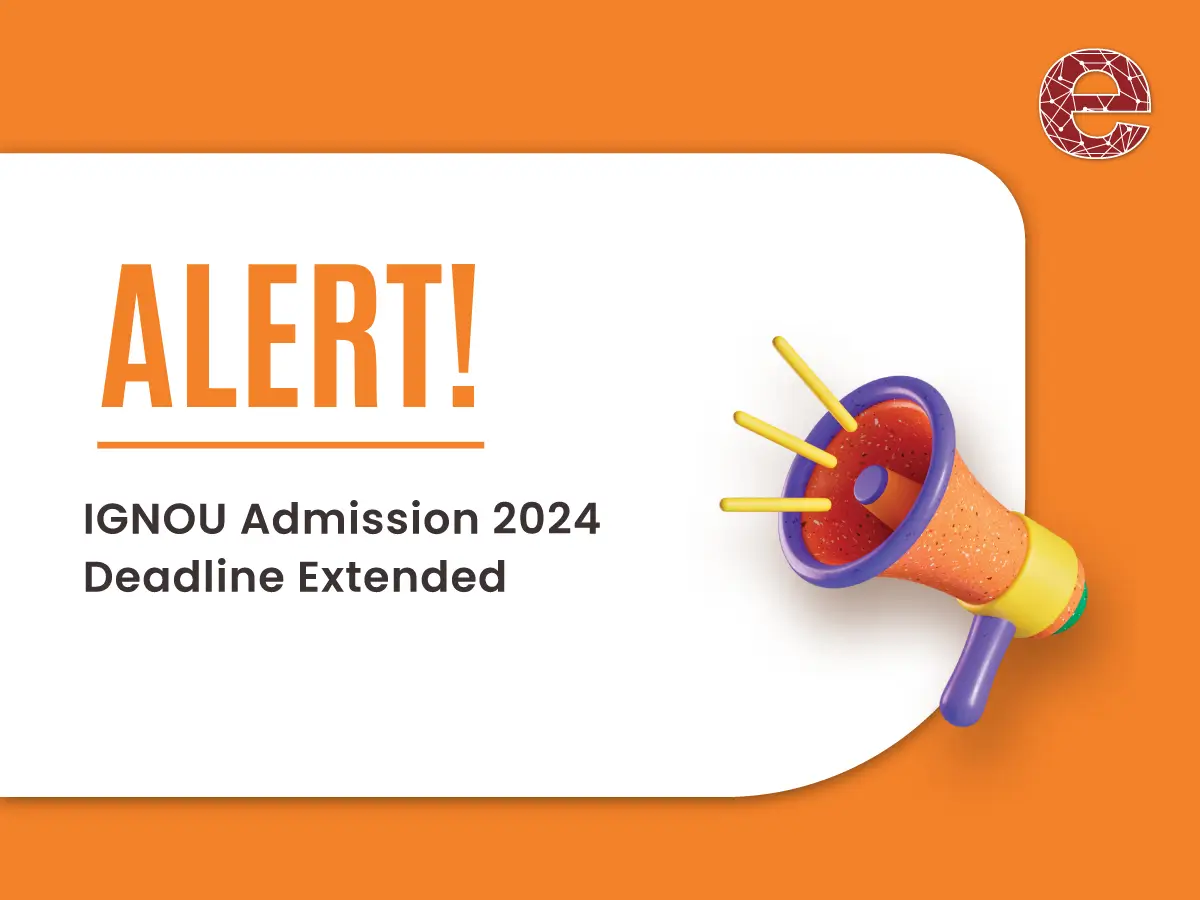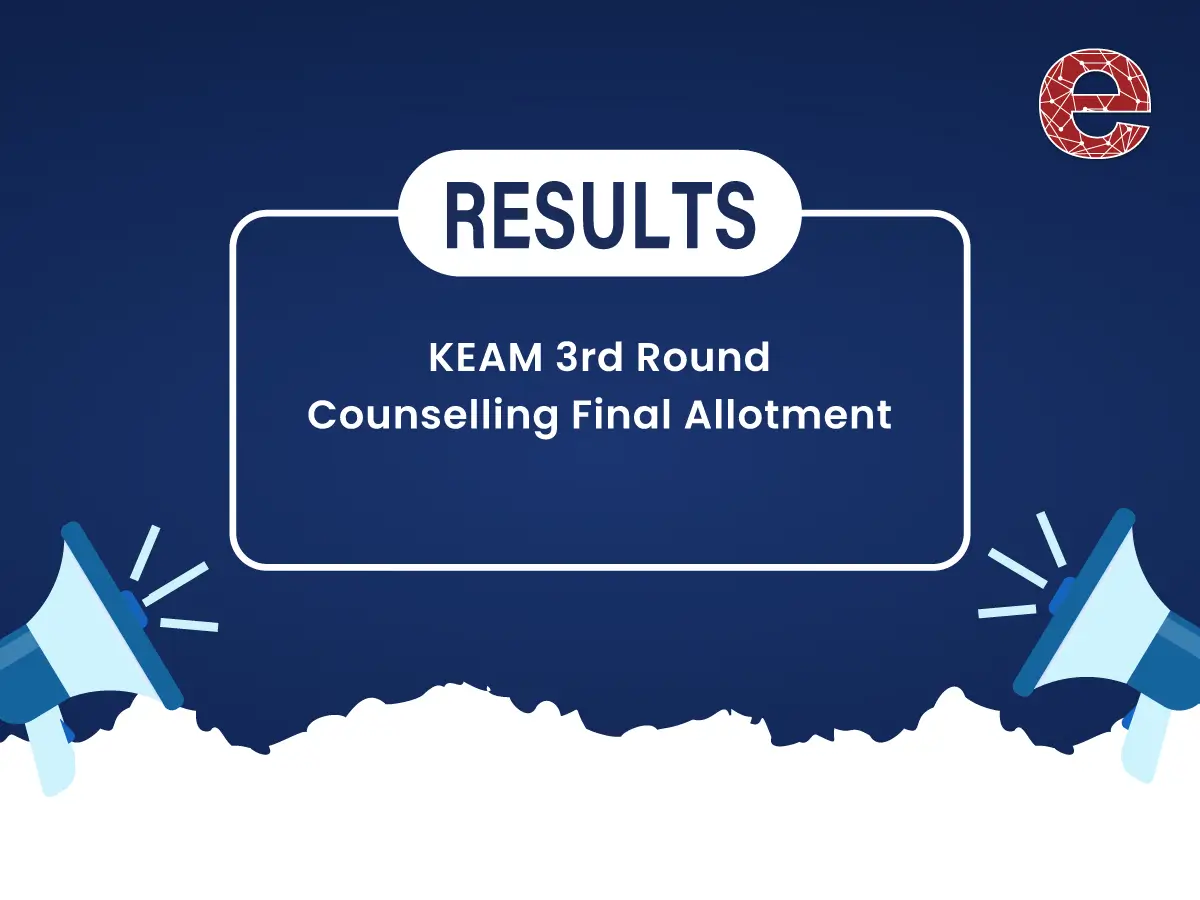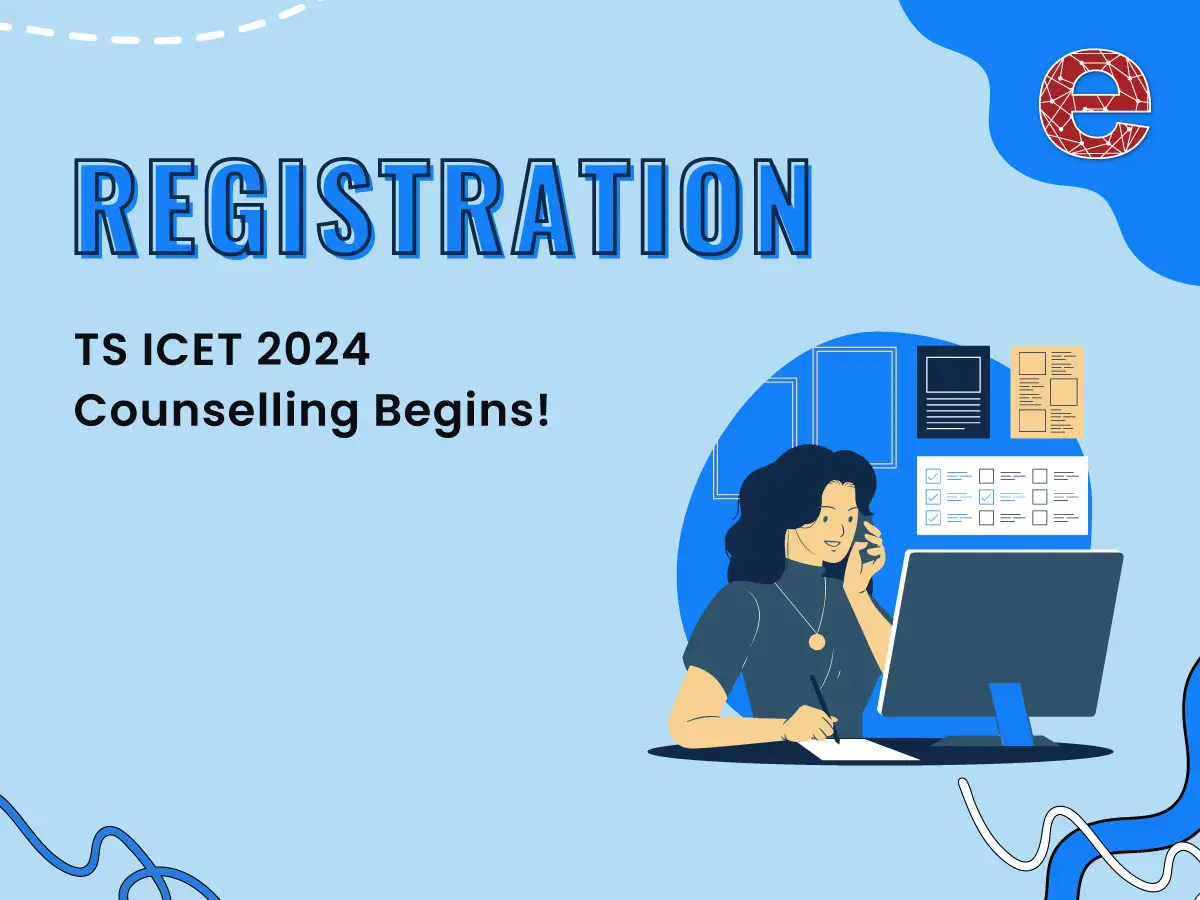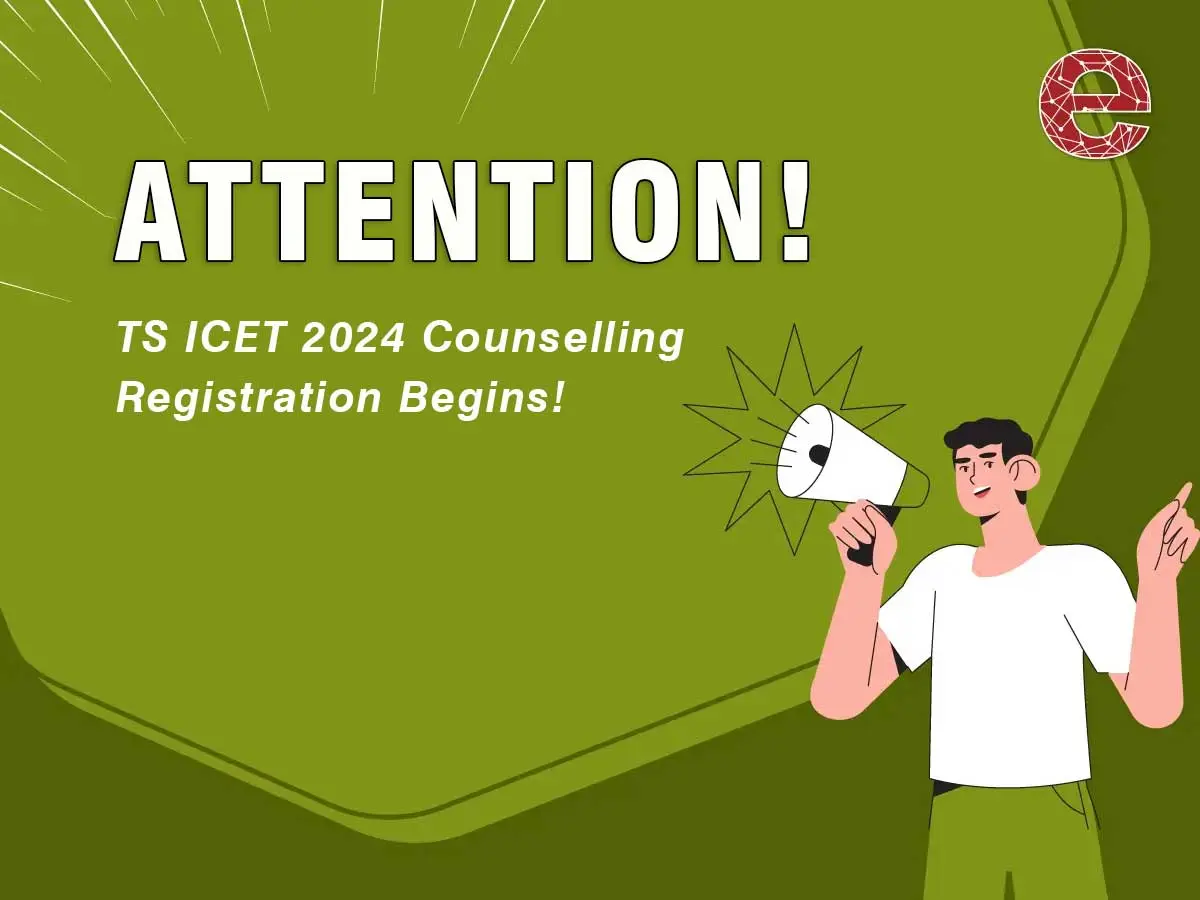New 2024 Medical Education Guidelines Released by NMC
Exam News
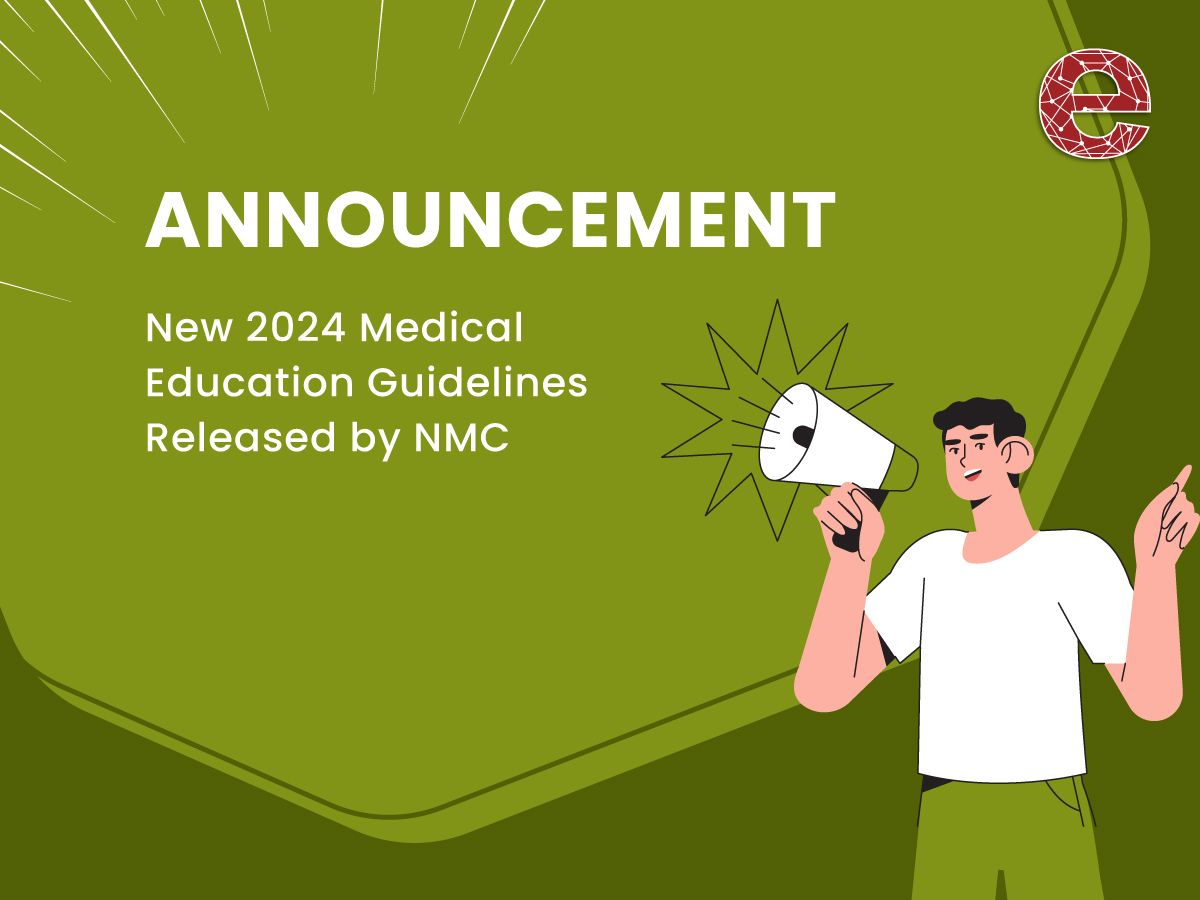
The National Medical Commission (NMC) has released the Competency-Based Medical Education (CBME) Curriculum Guidelines for 2024. This significant update revises the Graduate Medical Education Regulations (GMER), which were first introduced in 1997 and last updated in 2023.
Following extensive consultations with Expert Groups and under the authority granted by sections 10, 24, 25, and 57 of the National Medical Commission Act, 2019, the Undergraduate Medical Education Board has issued the new CBME Guidelines for 2024, including CBME Competencies Volumes I, II, and III. These updated guidelines will replace the previous regulations and will be implemented for the MBBS cohort beginning in the 2024-2025 academic year.
Key Highlights of the Revised Guidelines
- Ethical and Communication Skills: A new longitudinal program, 'AETCOM' (Attitude, Ethics, and Communication), will enhance ethical practices and communication skills throughout medical training.
- Holistic Education: The curriculum focuses on developing graduates who are proficient in preventive, promotive, curative, and rehabilitative care, and who can adapt to evolving healthcare challenges and technological advancements.
- National and Institutional Objectives: The guidelines outline national goals for Indian Medical Graduates (IMGs), including addressing societal health needs and understanding public health policies. They also set institutional aims for producing skilled professionals adept at managing health issues and collaborating effectively in healthcare teams.
Additional Focus Areas
- Competency-Based Training: Graduates are expected to master human health, ethical practices, and national health policies, and possess strong skills in patient assessment and clinical decision-making.
- Leadership and Teamwork: Emphasis is placed on leadership within healthcare teams and initiatives to enhance healthcare quality and patient safety.
- Communication: Effective, empathetic communication with patients, families, and colleagues is a core component of the revised curriculum.
To qualify for professional exams, students must have at least 75 percent attendance in theory classes and 80 percent in practical or clinical sessions. This attendance requirement applies to each phase individually for multi-phase subjects.
Additionally, for the AETCOM program and family visits as part of the Family Adoption Programme, students must have at least 75 percent attendance in AETCOM and 80 percent in family visits, adopting at least three families.
To pass professional exams, students need at least 50 percent overall in both theoretical and practical components, with a minimum of 40 percent in each. For multiple-paper subjects, a 40 percent aggregate across both papers is required.
Check the full detailed guidelines here.
- NMC
- CBME curriculum

